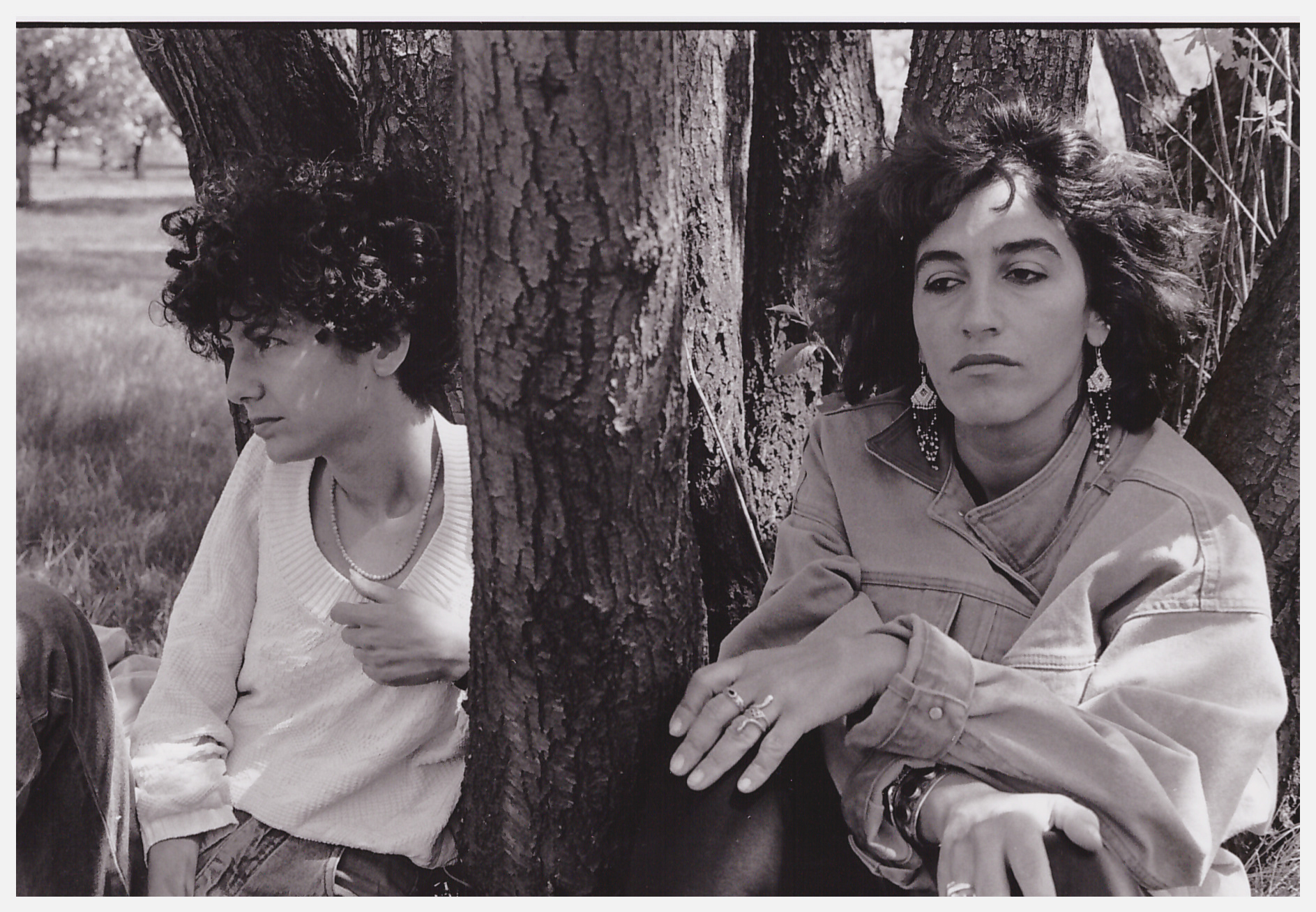Intimate and philosophical
“Traditional documentary settings and improvised dialogue, Brechtian direction and scripted scenes, ‘talking heads’, one-on-one interviews and intimate exchanges, voice on and off screen, images from the everyday, archival footage and flashes of poetry… together it forms a rich tapestry.
“Michka Saäl undertakes a social inquiry that is neither scientific nor didactic, but which gives a voice to other immigrants who are living largely in harmony despite their diverging cultures. The reflections of the director, both intimate and philosophical, are remarkable for their intelligence and finesse.
"Given the often anemic state of the National Film Board, how refreshing to see a film flourish that is as beautiful and exciting as A Sleeping Tree Dreams of its Roots. This film is not the product of the old guard (is that surprising?), but of a young filmmaker, a New Canadian, who in a seemingly effortless way, has just renewed our national cinema by directing the best docu-drama to come out of the NFB in a long time. Michka Saäl is a name to remember...”
Johanne Larue, Séquences, No 158.
Strong, intelligent and moving
“…a work with such warmth that it unfolds like a story from A Thousand and One Nights ‘made in Quebec’. It does one good to feel the desert breezes and scents from the Middle East caress our national cinema and introduce a new voice into our documentary tradition.
“The essence of the film emerges from the unspoken and unexplained; what passes between the lines and between the scenes, in the face of Nadine Ltaif which brightens the film with her presence and the art of Michka Saäl (and her director of photography, Nathalie Moliavko-Visotsky) to choose the right angle. All this makes A Sleeping Tree… a strong, intelligent and moving film.”
Marie-Claude Loiselle, 24 Images, No. 60.







